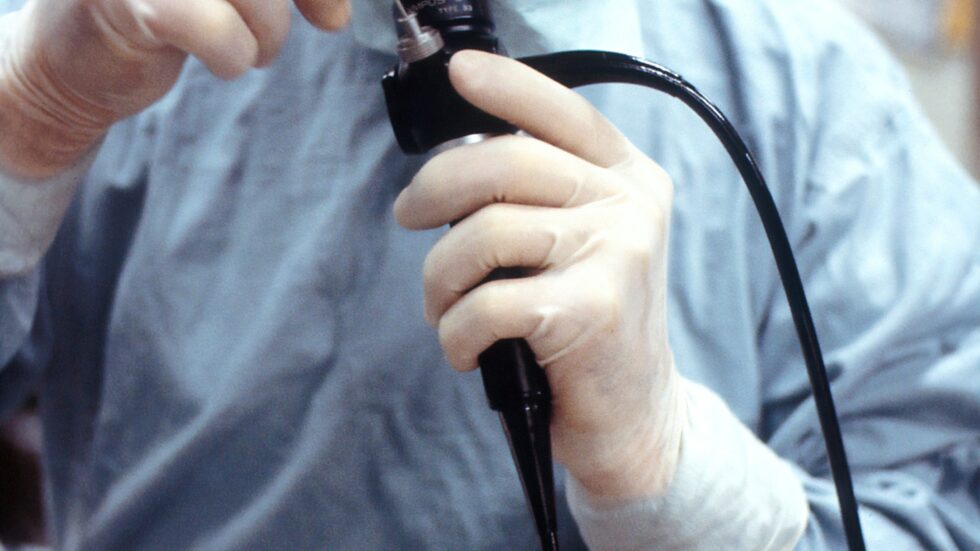Subscribe

Dear Healthy Men: When Chadwick Boseman died of colon cancer a few months ago, I was surprised that he was so young—I always thought it was an old-person’s disease. What are the risk factors for younger people, especially men?
A: You’re absolutely right. Boseman was diagnosed with colon cancer at age 39 and died at 43—far younger than the average person who is either diagnosed with or dies from that disease. In fact, the median age for men at diagnosis is 68 (vs. 72 for women).
Overall, colorectal cancer (which includes both colon and rectal cancers) is the third most commonly diagnosed cancer in both men and women, and the second leading cause of cancer death in both men and women, according to the Colorectal Cancer Alliance (CCA, ccalliance.org). But colorectal cancer, like most other cancers, is not an equal-opportunity disease. Aside from being diagnosed younger, men also die of the disease at much higher rates than women. And African Americans have the highest rates of all (20% higher for diagnosis, 40% higher for mortality).
The good news is that overall, the rates of colon and rectal cancers have been dropping since about the mid-1980s, according to the American Cancer Society (ACS, cancer.org). But, interestingly, the drop is thanks mostly to the fact that fewer older people are being diagnosed—new cases in those aged 55 and up have been decreasing by about 3.5% every year. And that’s due in large part to better screening methods, which now allow potential cancers (including polyps) to be diagnosed earlier, when they’re easier to treat, according to ACS.
Unfortunately, there’s some bad news too: diagnosis rates for people under age 55 have been increasing by 2% per year. Put a little differently a new report by ACS estimates that someone born in 1990 (who would be about 30 today) is twice as likely to get colon cancer and four times as likely to get rectal cancer than someone born in 1950 (who would be 70 today).
As a result of this slow-but-dramatic increase in the rate of young people (especially if they’re male and/or African American) getting diagnosed with colorectal cancer, new screening guidelines are now recommending that people with “average risk” should get screened starting at age 45. However, according to CCA, if you have a family history of colorectal cancer or polyps, you should get screened at age 40 or 10 years before the age of the youngest case in your immediate family. If you have a genetic link to colorectal cancer, you may need to get tested as early as your 20s. in addition, if you have a personal history of any other type of cancer—especially if you received radiation to the abdomen or pelvis—or you have ulcerative colitis, Crohn’s disease, or inflammatory bowel disease, talk with your provider to see whether you should start testing earlier than 45.
Other risk factors for colorectal cancer include
And finally, if you have any of the following symptoms, contact your provider
For more information on colorectal and other recommended screenings, visit getitchecked.com.
Photo by National Cancer Institute on Unsplash
Time and time again, across numerous market sectors, artificially setting prices using foreign reference pricing has been unsuccessful. And when...
Dear Healthy Men: Do men’s and women’s mental health issues and needs differ? And if so, how? A: With May being Mental Health Awareness Month, your...
Dear Healthy Men: In one of your previous columns, you mentioned that the United States Preventative Services Task Force (USPSTF) recommends against...